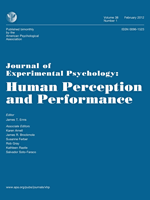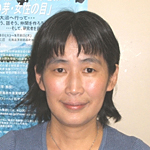 Despite the fact that a former employee of the Oregon Health Authority falsified 56 case reports that were included in a report by the U.S. Centers for Disease Control and Prevention (CDC), a re-analysis has found that the results of the report remain valid.
Despite the fact that a former employee of the Oregon Health Authority falsified 56 case reports that were included in a report by the U.S. Centers for Disease Control and Prevention (CDC), a re-analysis has found that the results of the report remain valid.
The report included information about 10,342 cases of potentially deadly infections due to Clostridium difficile, so removing the cases affected by the misconduct — 57 in total — “did not” alter the results, according to an analysis published today by the CDC:
Continue reading CDC: Falsified data did not affect C. diff results








